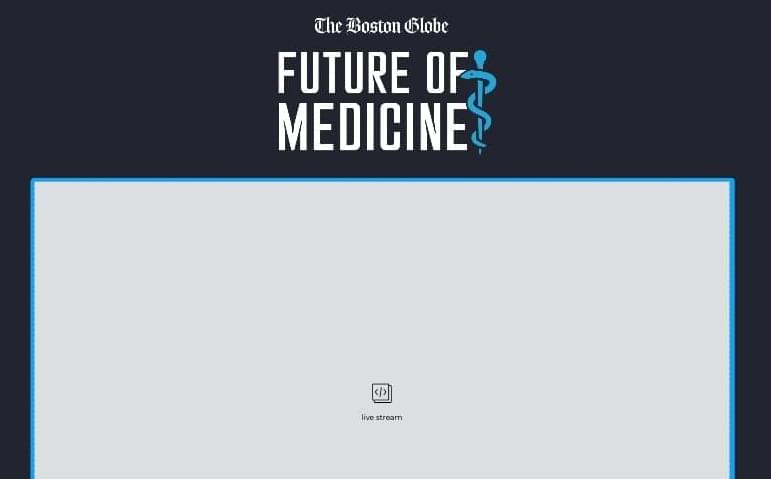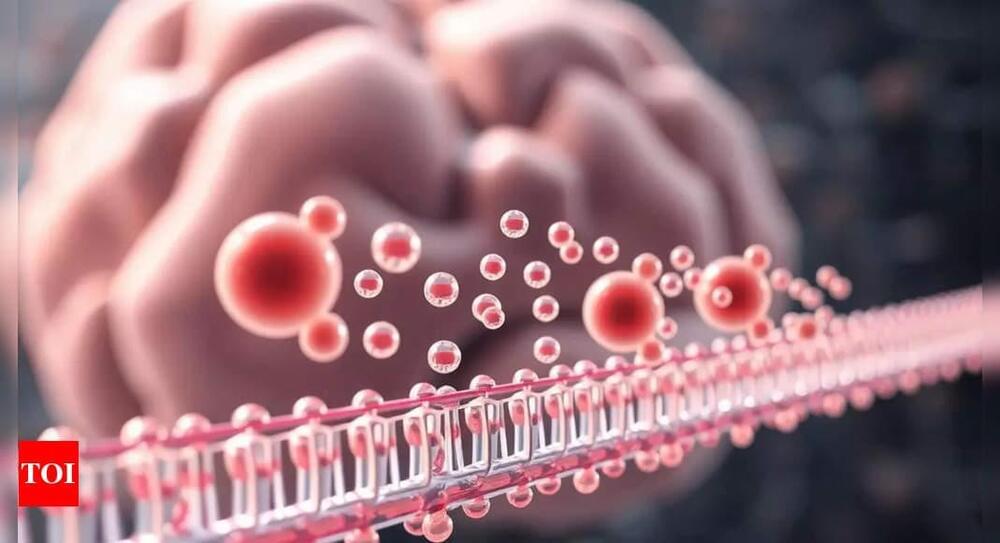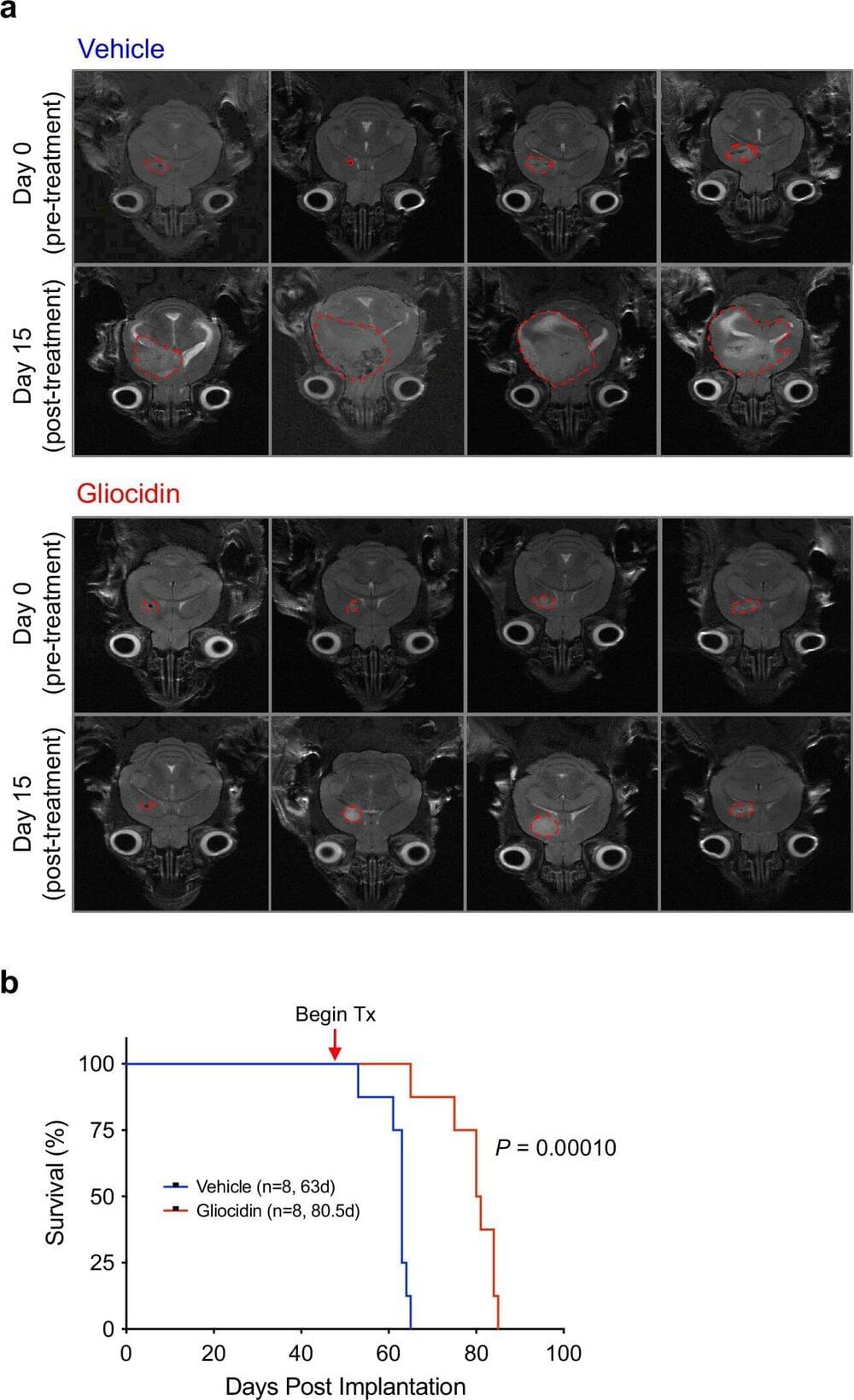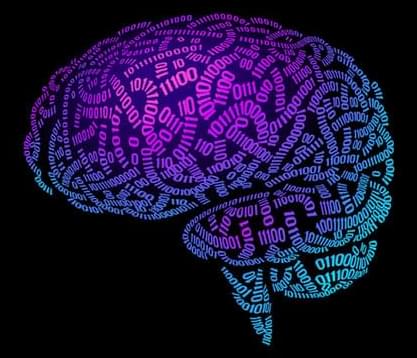In the study of temporal mechanics, we have to venture beyond the confines of traditional objective science to incorporate the profound role of consciousness in shaping our understanding of time. The evidence and theories discussed throughout my upcoming paper (to be released as a Kindle eBook) suggest that the flow of time is not simply a physical phenomenon dictated by the laws of thermodynamics or the spacetime continuum, but rather a deeply psychological one, intertwined with consciousness itself. Time, as we experience it, emerges from our awareness of ongoing change—a continuous psychological construct that weaves our perceptions into a coherent narrative of past, present, and future.
The implications of this perspective are far-reaching. If the flow of time is indeed a function of consciousness, then time cannot be fully understood without accounting for the observer—the conscious entity whose perception of change gives rise to the experience of time. This challenges the classical notion of time as a separate, objective entity and places consciousness as a central player in the multidimensional matrix of reality.




